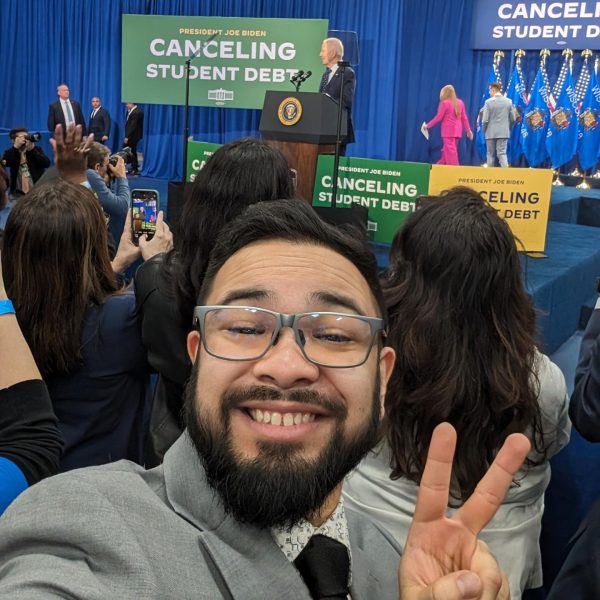Do video games hurt people?
Why are politicians more willing to blame violent games than guns?
March 20, 2018
After the Marjory Stoneman Douglas shooting on Valentines Day, President Trump was quick to draw correlations between violent videogames and the rising rates of school gun violence. As someone who has spent a good amount of time playing video games, I can say that while I have raged at in-game characters quite a few times, that experience (or anything else in my life) has never left me wanting to go out and commit violent acts against other human beings.
For example, one of my favorite games is called ‘The Last of Us’, set in a post-zombie apocalypse world. The violence of the game serves to show just how brutal the world has become, how quickly the hypothetical video game society crumbled, and to provide obstacles for the two main characters to overcome. The game is compelling and character driven and, while killing is a huge part of the narrative, the only thing I think when I’m done playing is that I’m glad I don’t have to live in a world like this.
After I spend a couple of hours playing this game and others like it, whether they have an abundance of violence or not, I come away feeling emotionally tired (and a little physically sore). Sitting hunched over three feet in front of my TV for several hours is something my body doesn’t appreciate.
The research done on violent video games and violent crimes doesn’t support the idea that playing violent video games inspires someone to commit violent acts.
In a post describing a study done about violence and video games, The Amplifier Magazine wrote “Research evidence available to date indicates that violent video games have minimal impact on violent activity in society.
Correlational and longitudinal studies of youth suggest that violent video game exposure does not meaningfully predict youth physical aggression or crime.”
The most concerning thing about blaming video games for shootings is that this claim ultimately becomes a diversion tactic politicians use to steer the conversation away from the relevant issue at hand: issues of gun control.
It’s not something new, as politicians have cited violent video games as a cause behind school shootings since the 1999 Columbine shooting. The Amplifier Magazine calls this a confirmation bias. “When a perpetrator is an older male or, more rarely, a female, media violence is typically ignored.”










